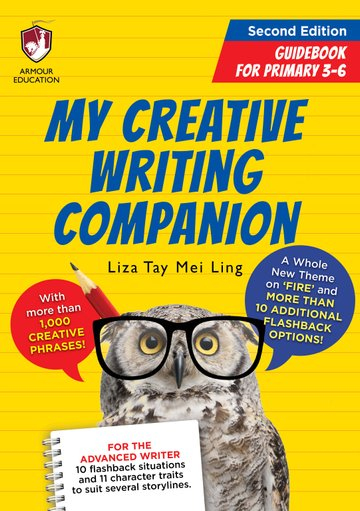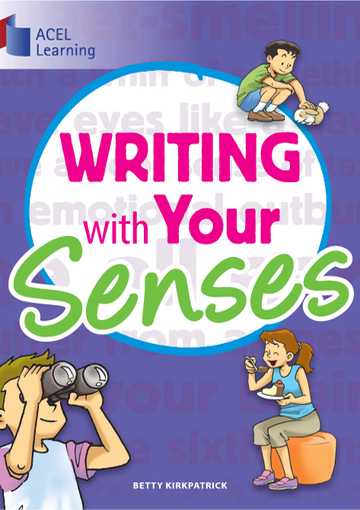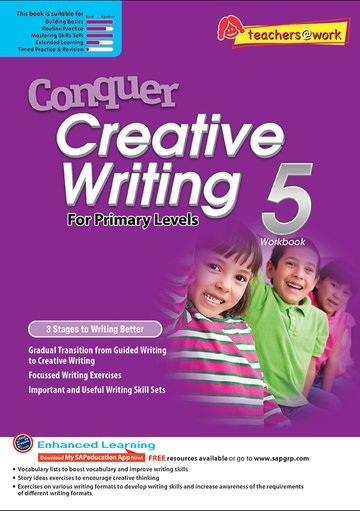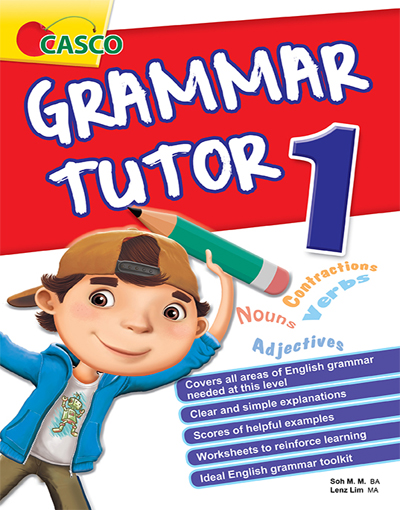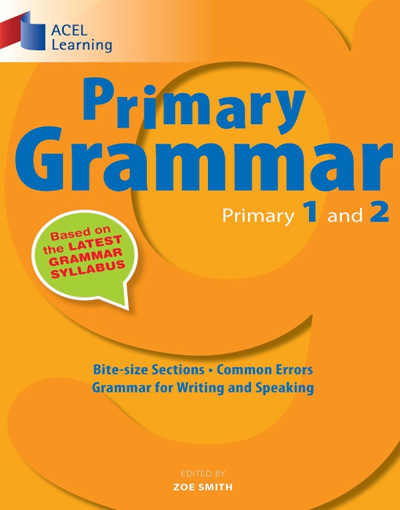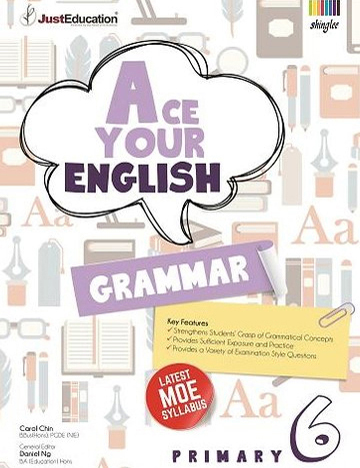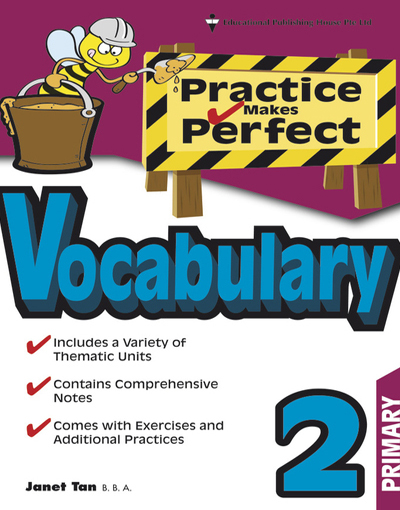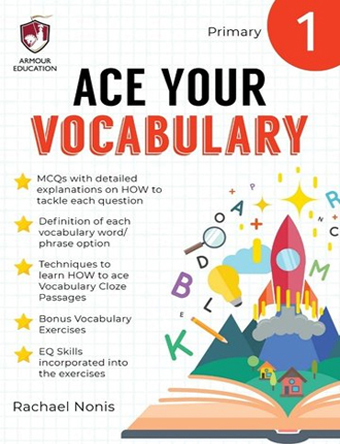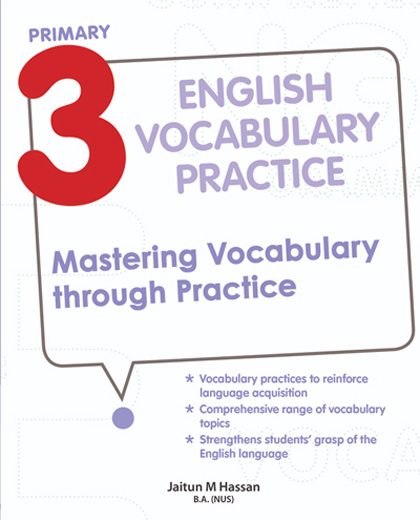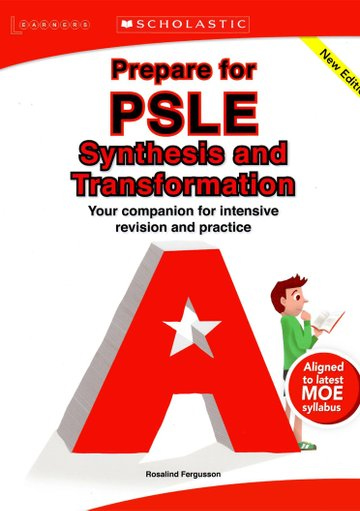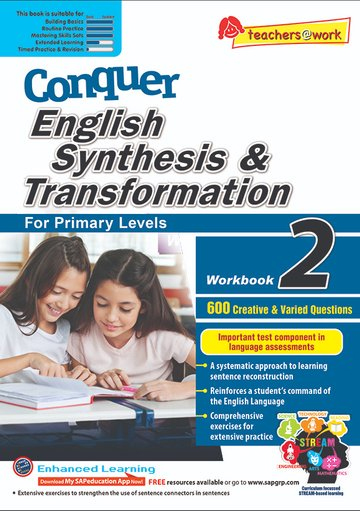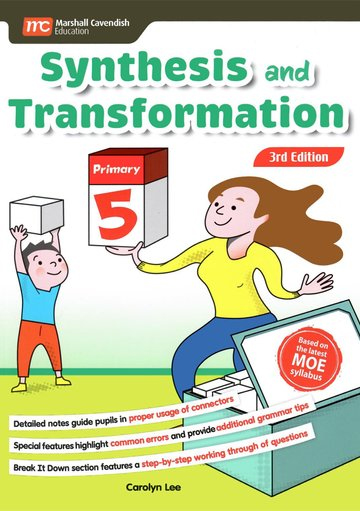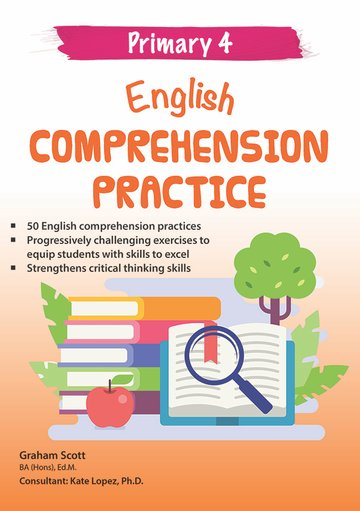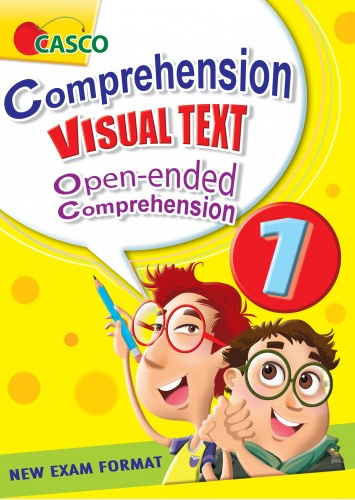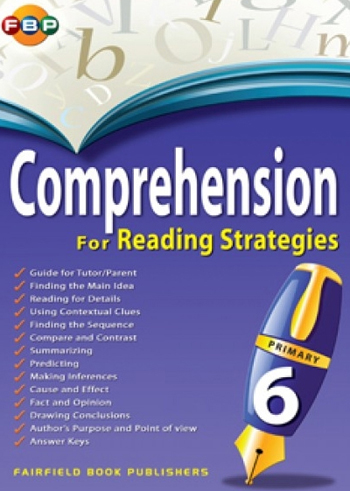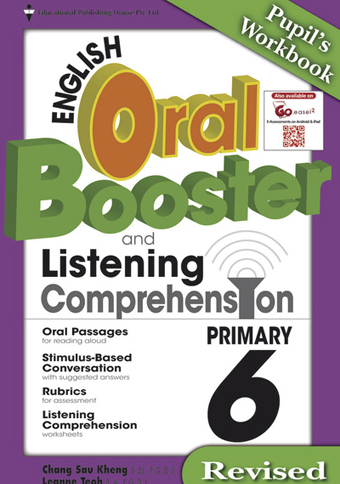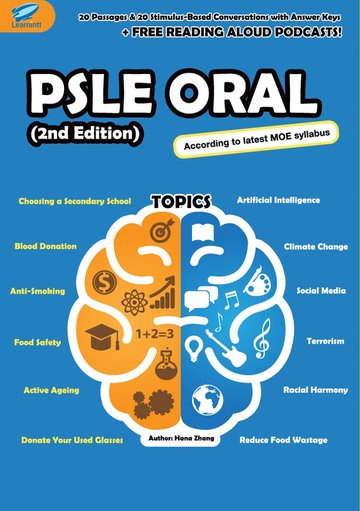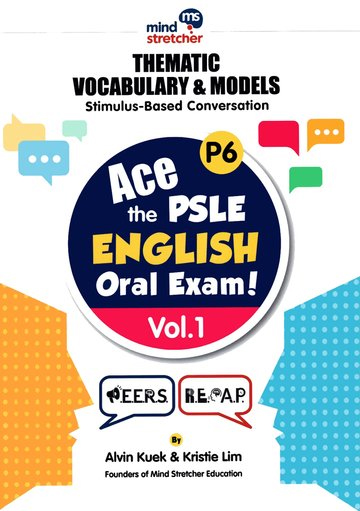
Ever wondered how you can improve your child’s English grades? Before you start working very hard to help your child improve, think about working smart. Go through your child’s homework and past test or examination papers to understand what are his/her weak areas and then work on them effectively!

Understand the PSLE English Format
All primary school students will eventually sit for PSLE at the end of the 6-year education. Know what are you working towards is important!
1) Writing
This paper is commonly known as essay or composition. There are many ways to approach writing. You could consider:
- Model compositions – Let your child read model compositions if he/she dislikes reading storybooks or newspapers. It’s a good way to pick up story lines and build vocabulary.
- Thematic practice – Consider some common themes used in school and start practising on finding relevant creative expressions and suitable words, phrases and descriptive sentences will help to “add colours” to the composition.
- Creative Writing – For children who have problems beginning an essay, work on the writing process through question prompts, vocabulary lists, model compositions and concept maps. This is also a way to help students who have problems relating.
2) Grammar
To improve grammar, your child needs to understand grammatical rules and concepts before applying. Books with grammar guides are good starters, followed by applications and practice questions. For complete mastery of grammar, remember to test grammar items at word, phrase and sentence levels. It takes time to build up strong grammar, so do not wait til the eleventh hour and hope to see improvements overnight.
The examination format includes grammar MCQs and Grammar Cloze, so be sure to include both in your practices!
3) Vocabulary
A conventional way to have strong vocabulary is to build a vocabulary bank! Probably many parents would have remembered how teachers in the past used to force you to read newspapers to pick out new words. Do you think that had worked for you?
Many guide books and practice books have eased the process of learning new vocabulary by grouping vocabulary items in thematic units, a systematic way to facilitate both learning and reference. Additional practices are often included to prepare the child better for the tested vocabulary MCQs and Vocabulary Cloze. A wide vocabulary also facilitates and sharpens one’s oral and written skills.
4) Synthesis and Transformation
This terms sounds very big but to put in simply, it means: synthesising separate sentences in the question and transforming them into a single sentence without changing the meaning of it. Synthesising and transforming sentences are important skills to acquire for sentence construction and ultimately composition writing. Grammar knowledge becomes important here as well because grammar connectors will be useful in rewriting sentences.
5) Comprehension
This part of the paper tests more than merely understanding of a passage. The examiner needs to see the abilities to: read and understand the text, process logically and analyse meaningfully the information presented. When working with your child, help you child to connect, visualize and infer information and to determine its importance in the text. In addition, practise on sequential thinking and identifying problems and solutions by tapping on their prior knowledge and information provided in the comprehension passages. Practising on passages of different themes and genres can help to increase exposure of information as well.
For comprehension, the order of thinking and scope of consideration are important strategies. Helping your child to see the “big picture” is key!
6) Oral
The stimulus-based conversation component of the English Language examination is new and therefore comes across as challenging and daunting to many pupils and parents. Yet, there are also many parents who seemed to think that no preparation is required for oral part of the paper.
In reality, good oral skills come with practice for many children. Even well-prepared children may crumble when put in a close proximity with an examiner during the test. So we say start practising early!
No idea how to prepare your child other than reading off the newspapers? There are actually some books in market available to help you think of topics to practise. These books often come with good words and phrases that can be used for a particular topic. The more your children practise, the more it comes out naturally.
You do not need one book for each focus area. You should review your child’s weak area(s) before decided if more practices are needed for him/her. Remember to be realistic – you do not need a book with 500 compositions when you are three months away from final examinations! In case you are thinking along the line of “value-for-money”, some books may not be suitable for use at the next level. If you are unsure what is/are the areas to work on, always ask your child’s teachers and they will definitely be happy to suggest and work with you on helping your child improve.
OpenSchoolbag has categorized assessment books more effectively to help you pick suitable books
- Grammar
- Vocabulary
- Editing / Synthesis
- Composition
- Cloze
- Comprehension
- Complete Practice
- Oral & Listening
- Mock Papers
- Summary
For more tips on how to choose Maths assessment books, head over here
Don't miss out on our articles! You will find them useful somehow, from parenting to exam preparation tips to best deals! Subscribe to our newsletter to receive updates on articles and best deals!

